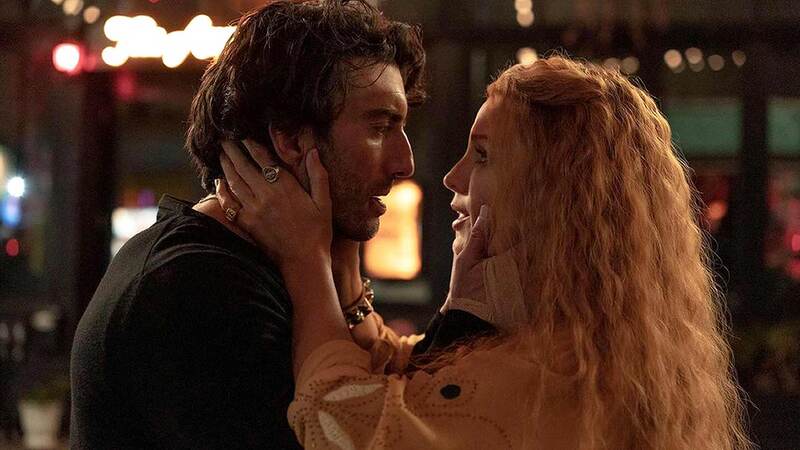You are viewing your 1 free article this month. Login to read more articles.
Carby's 'exceptional' history of British Empire scoops £25,000 Nayef Al-Rodhan Prize
Hazel V Carby has won the British Academy’s £25,000 non-fiction book prize, the 8th Nayef Al-Rodhan Prize for Global Cultural Understanding, for her book examining the legacies of British imperialism in the UK and Jamaica. Imperial Intimacies: A Tale of Two Islands (Verso) was hailed "exceptional" by the judges and the British Academy's president said it "could not be more timely nor more important".
Imperial Intimacies is Professor Carby's fourth book and based on her own family history, untangling the threads connecting members of her family in a web woven by the British Empire across the Atlantic. She grew up in south London and is the daughter of a white working-class mother from Wales and a father who was recruited from Jamaica to serve in the RAF during the Second World War. For three decades she taught African-American studies at Yale University.
The announcement crowning Professor Carby as the prize-winner was made during an online celebration hosted by the British Academy. Drawing both on official archives and remembered family lore, as well as memories of growing up in post-war England and Wales, the jury said it was impressed with Professor Carby's ability to "combine in an original way a highly personal story with the rigorous academic study that the prize traditionally rewards".
The jury was chaired by Professor Patrick Wright, emeritus professor of literature and history at King’s College, who commented: "This is a beautifully achieved demonstration of what can happen when the child of a mixed-race family takes her memories of growing up in post-war England and Wales, and treats them as the basis for an exploration of the history that made that experience and continued to weigh so heavily upon everyone involved.
"Imperial Intimacies reveals so much that should be remembered about the British Empire: the extent to which it shaped Britain and its attitudes, its cruelties and the opportunities it offered even to poor Britons looking to improve their situation at the expense of their slaves or indentured workers.
"It is exceptional both in the tenacity with which Carby builds up historical worlds to give reality to ancestors only remembered as names, and in the way she manages to convert pain into understanding without becoming reconciled to the attitudes and circumstances that cramped her parents' lives and, to an extent, continue to exist in the present."
Professor Sir David Cannadine, historian and president of the British Academy, added: "This prize, which is generously supported by Professor Nayef Al-Rodhan, celebrates the role of non-fiction literature in illuminating new perspectives on global history and enlivening our understanding of cultural identity and difference. This book, examining the legacies of British imperialism both here and in the island of Jamaica, could not be more timely nor more important. On behalf of the British Academy, it is my honour to congratulate Professor Carby for this significant, scholarly contribution to global cultural understanding."
Professor Carby triumphed having been shortlisted alongside fellow Verso author Priyamvada Gopal, nominated for Insurgent Empire: Anticolonial Resistance and British Dissent; Rhodes professor of American history Pekka Hämäläinen, for Lakota America: A New History of Indigenous Power (Yale University Press); Georgetown University professor Charles King, for The Reinvention of Humanity: A Story of Race, Sex, Gender (The Bodley Head); and Tanya Talaga, for All Our Relations: Indigenous Trauma in the Shadow of Colonialism (Scribe).
The Nayef Al-Rodhan Prize was established in 2013 and seeks to reward and celebrate the best works of non-fiction that "demonstrate rigour and originality, have contributed to global cultural understanding and illuminate the interconnections and divisions that shape cultural identity worldwide". Last year it was awarded to Toby Green for A Fistful of Shells (Allen Lane), providing a fresh take on pre-colonial West Africa.
Also judging this year were Channel 4 News presenter Fatima Manji; Professor Rana Mitter, historian and political scientist; Professor Dame Henrietta Moore, social anthropologist; and writer Madeleine Bunting.














